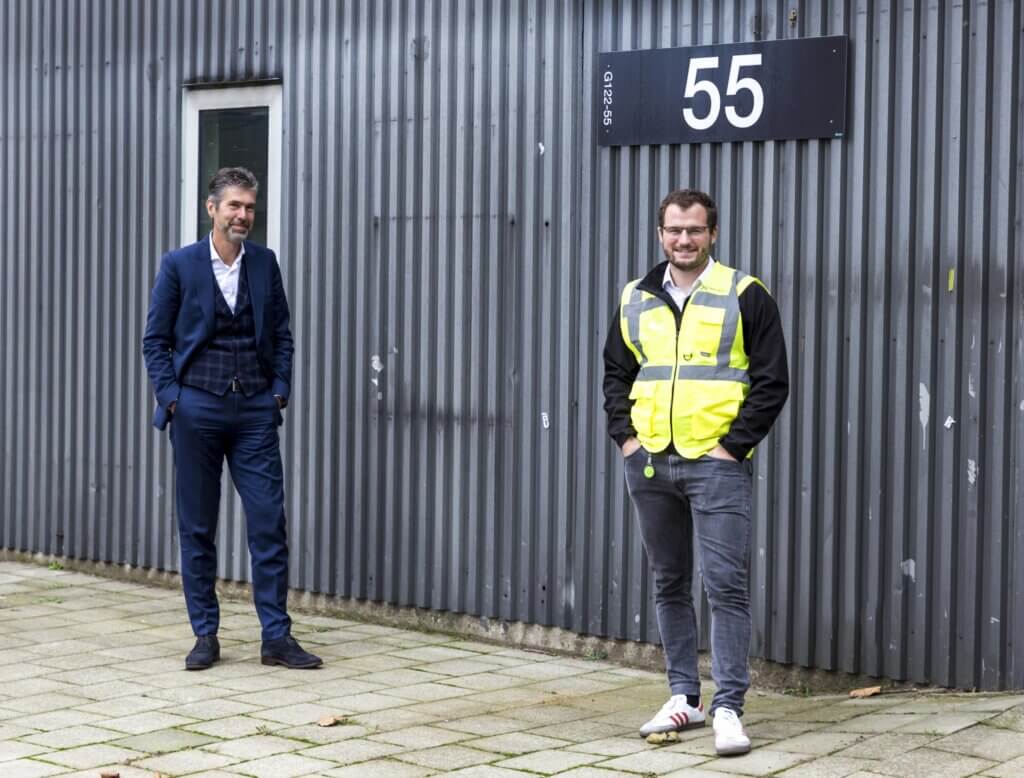Deep Branch Biotechnology Will Produce Sustainable Animal Feed in the Netherlands
UK carbon dioxide recycling company will build pilot plant at Brightlands Chemelot Campus
The British biotech company Deep Branch Biotechnology is building a pilot plant for sustainable animal feed in the Netherlands. Deep Branch has chosen Holland’s Brightlands Chemelot Campus as the site to produce proteins from CO2 and hydrogen using micro-organisms. These proteins form the basis for sustainable, high-quality fish and poultry feed.
The new type of feed could transform food production and supply chains, Deep Branch says. “It is an alternative to traditional fishmeal and soy that originates primarily from South America and causes overfishing and depletion of the rainforest,” explained Peter Rowe, co-founder and CEO of Deep Branch.
Improving carbon footprint
“Not only are these activities detrimental to biodiversity, but the transport of these proteins is also harmful to the environment. We can use CO2, water, hydrogen, and micro-organisms to produce high-quality proteins that are well-suited as raw materials for animal feed. This process reduces CO2 emissions by more than 90% compared to the procedures that use the current protein sources,” Rowe said.
The pilot plant construction and scale-up development is partially supported by a European Innovation Council (EIC) Accelerator grant of 2.5 million Euros. Deep Branch expects the plant to be operational during the second quarter of 2021 after which it will then expand the protein production activities at the Chemelot Industrial Park.
The British energy company Drax has provided the proof the technology works, in the lab and on a smaller scale. Deep Branch wants to scale up to pilot production so that food producers can conduct extensive tests on the proteins.
Rowe explained: “The pilot plant is essential to finding the right formulas for ProtonRM, as the new nutrient has been named. The proteins are used in salmon and chicken feed by BioMar and AB Agri, two leading European market players in animal feeds. ProtonTM is much more sustainable than soy and fishmeal on a large scale.”
Brightlands Chemelot Campus
Deep Branch chose the location at Brightlands Chemelot Campus in Geleen after an extensive search in both the UK and Europe. The Brightlands campus is a key part of the Dutch chemical industry ecosystem.
“We found everything we need here. This campus has all of the necessary facilities including infrastructure and permits, substantial expertise in the field of chemical processes, professional experts and sustainable ambitions,” Rowe said.
“We look forward to joining in on the circular plans for CO2 recycling and sustainable hydrogen use. We will be starting construction on the pilot plant in January with five employees in building 55. At least as important is the ability to scale up fast. The Chemelot Industrial Park offers room for a large-scale production facility and there are sufficient raw materials available. We can build our own hub here.”
Bert Kip, CEO Brightlands Chemelot Campus, welcomes the arrival of Deep Branch. “This company fits into our sustainable profiles perfectly and is the first organization at this campus that is active in gas fermentation. This is another area where we can develop a leading position.”
Sources: Brightlands Chemelot Campus and Deep Branch Biotechnology
24 November 2020